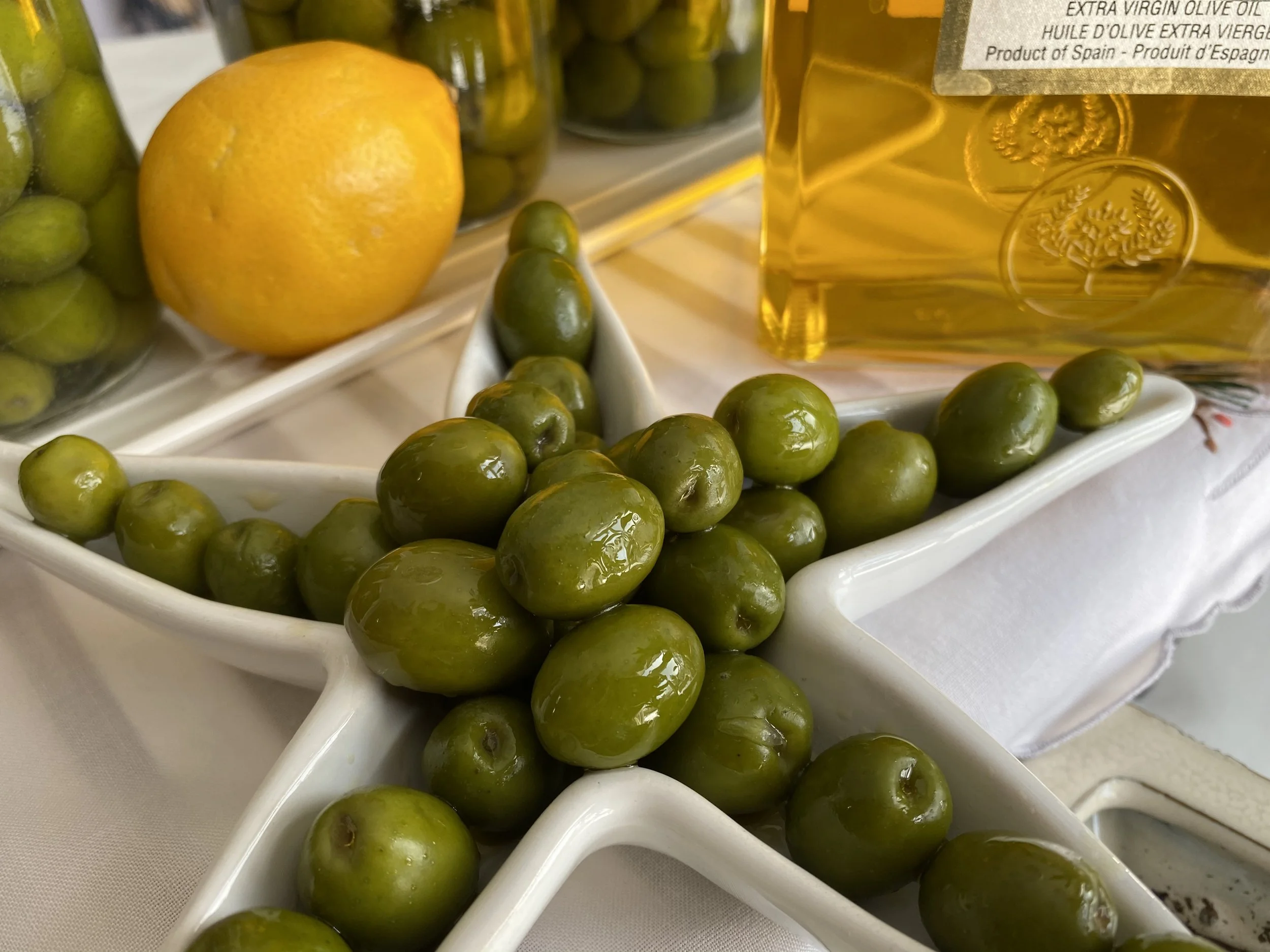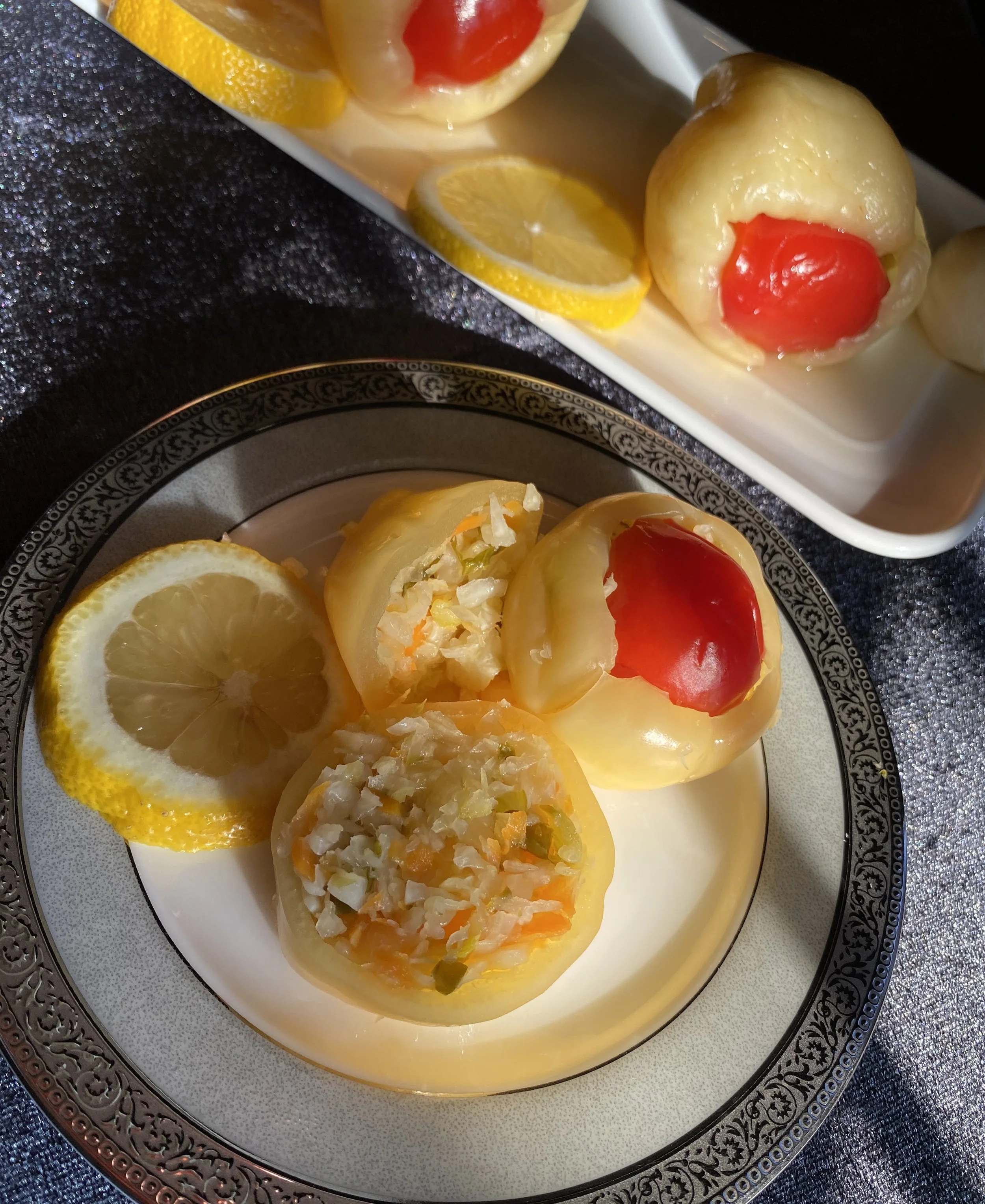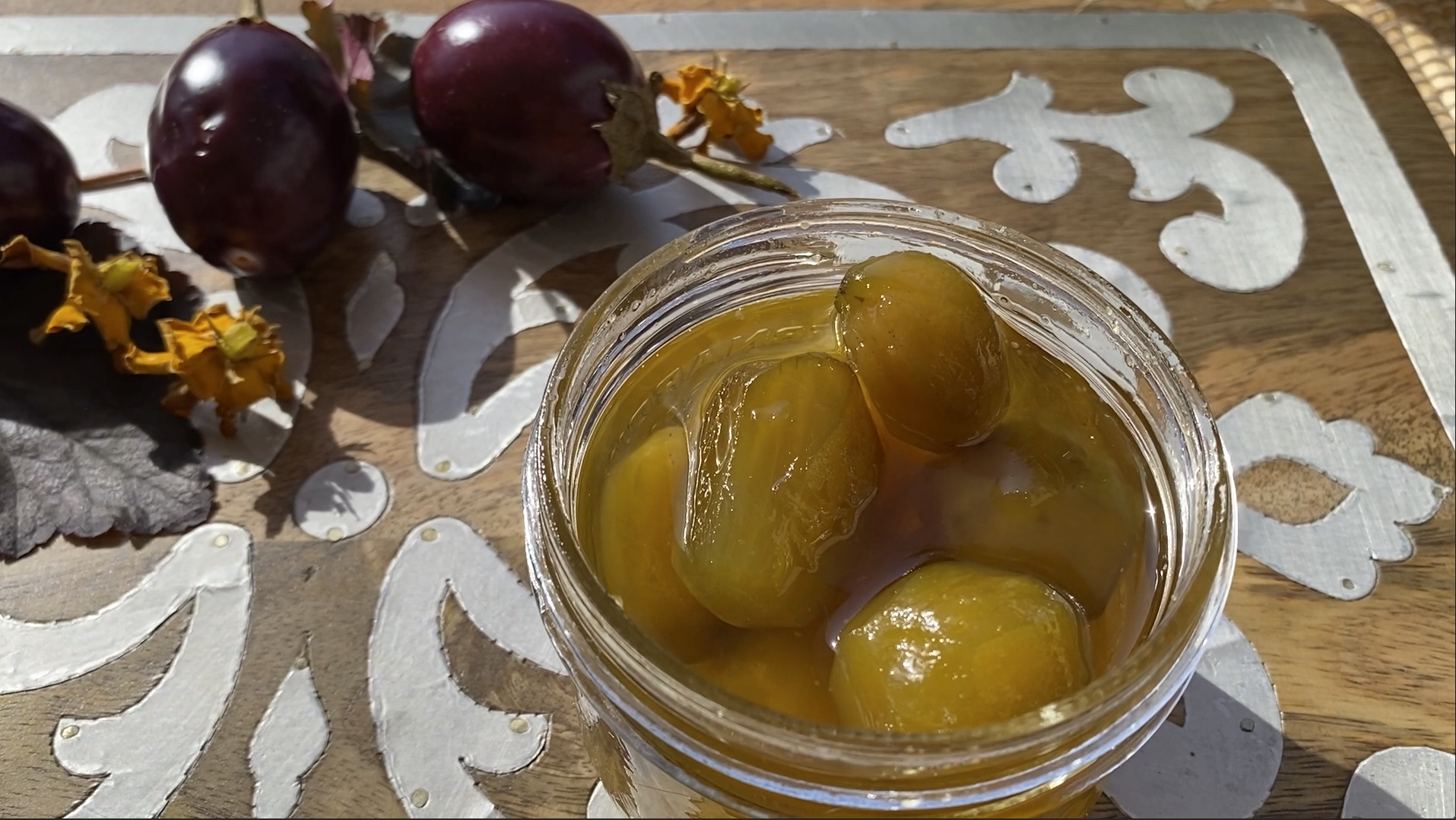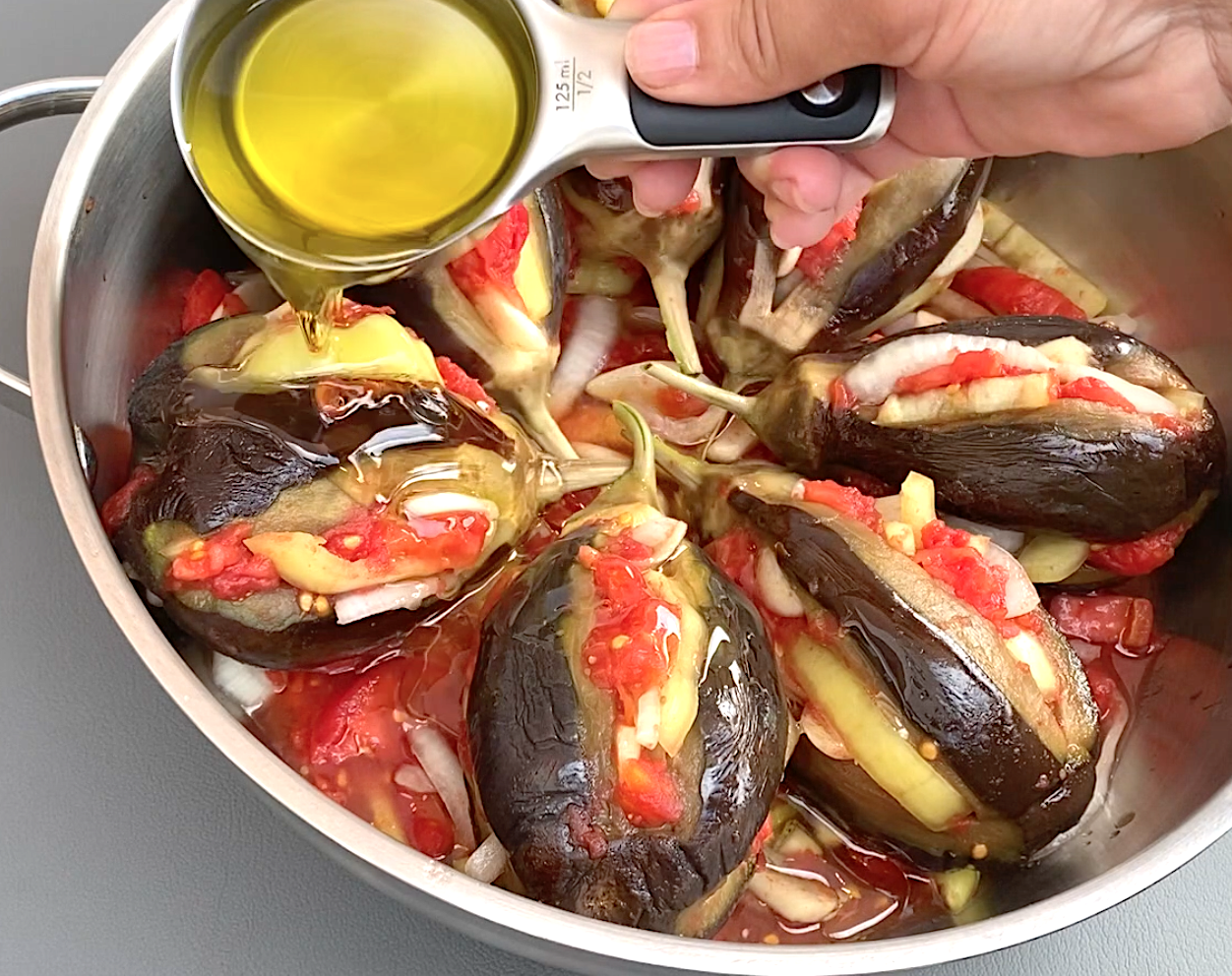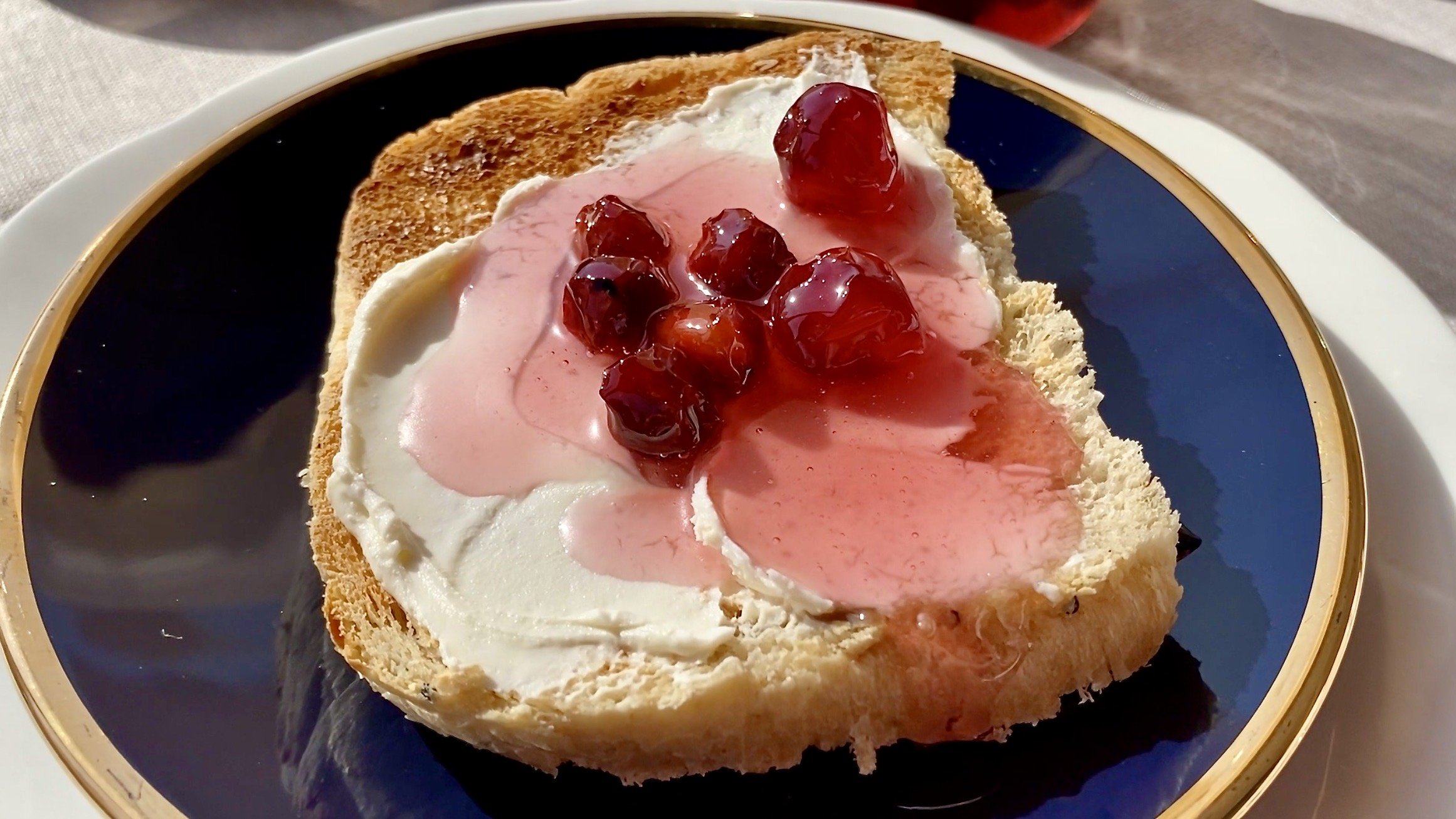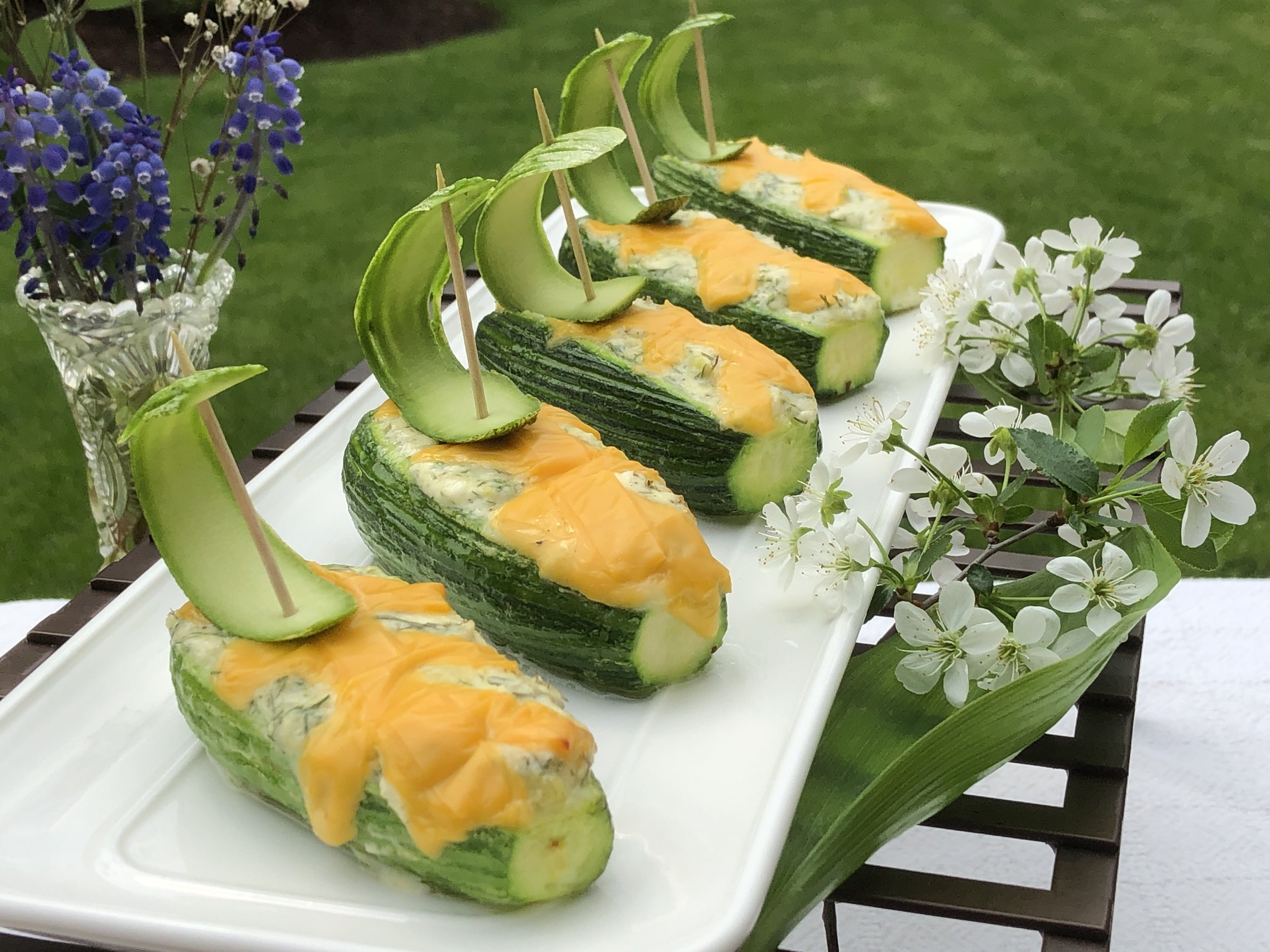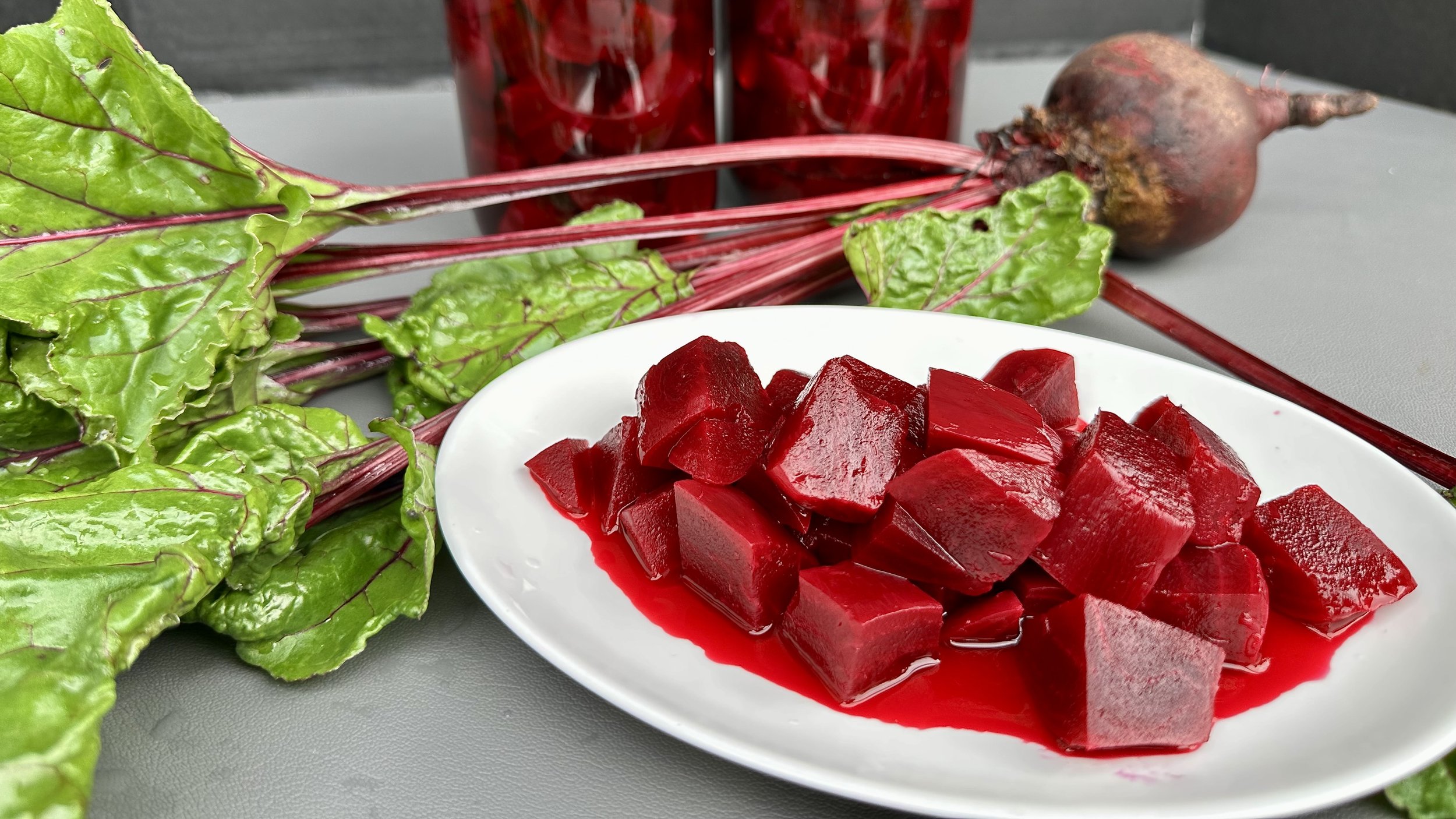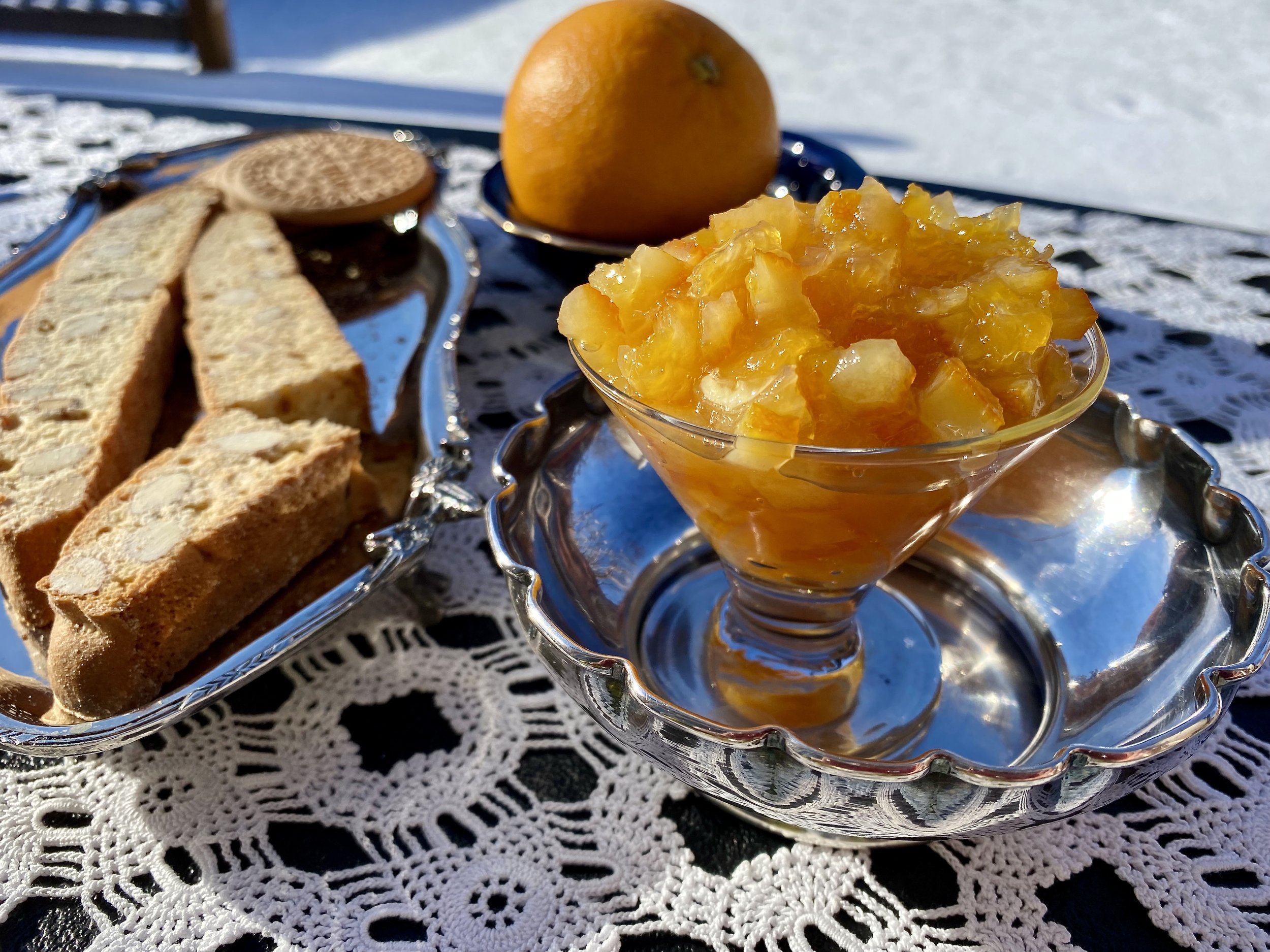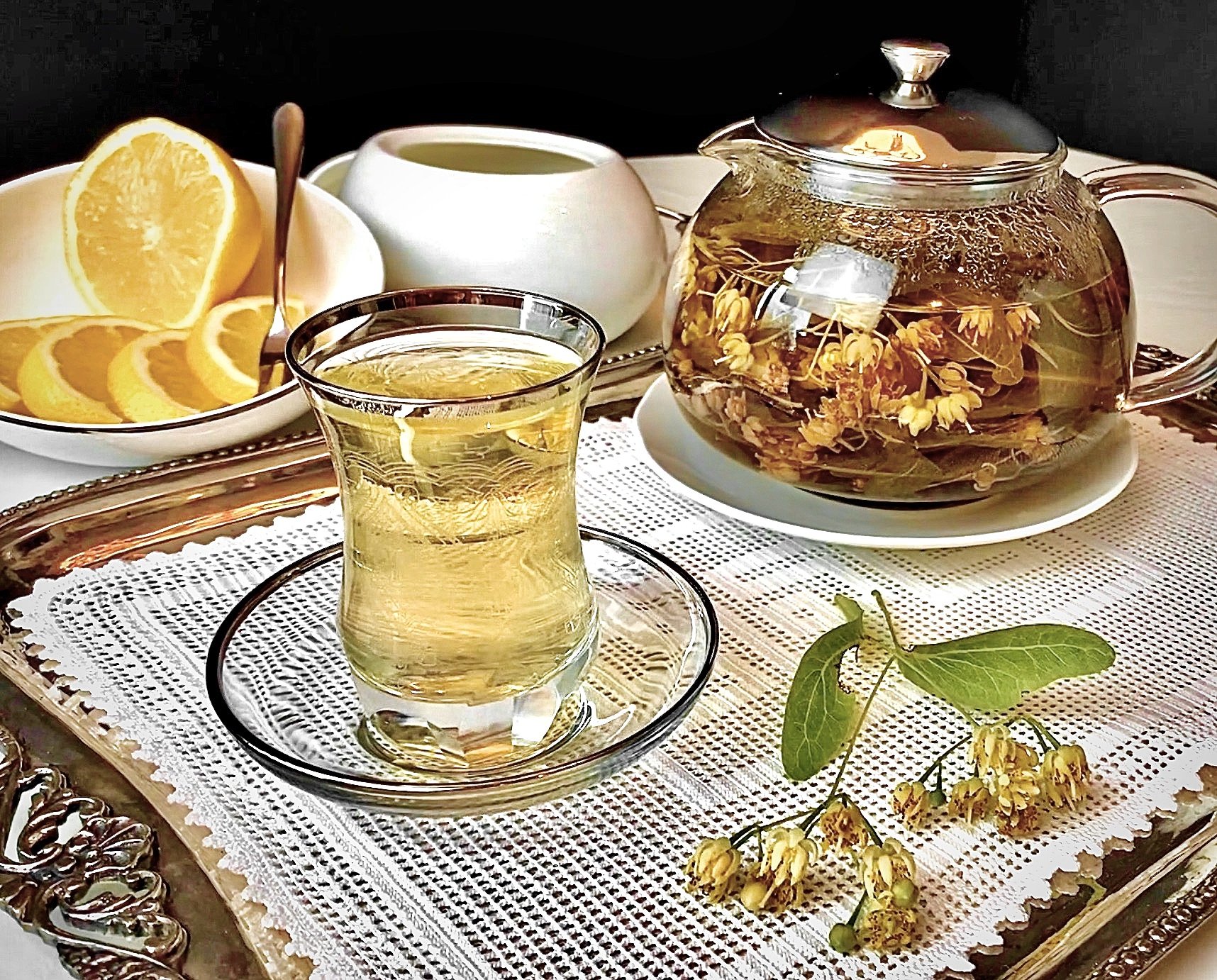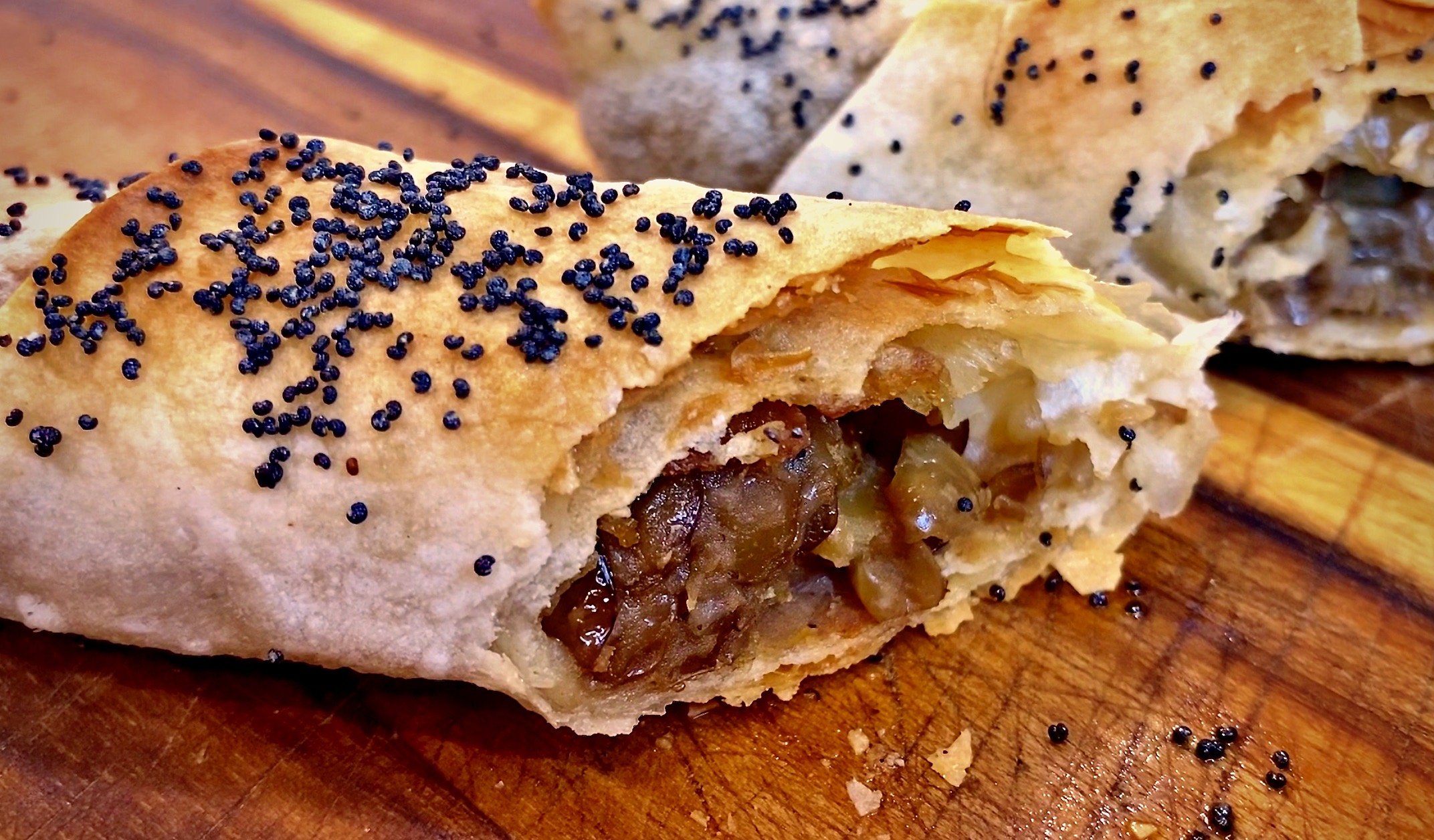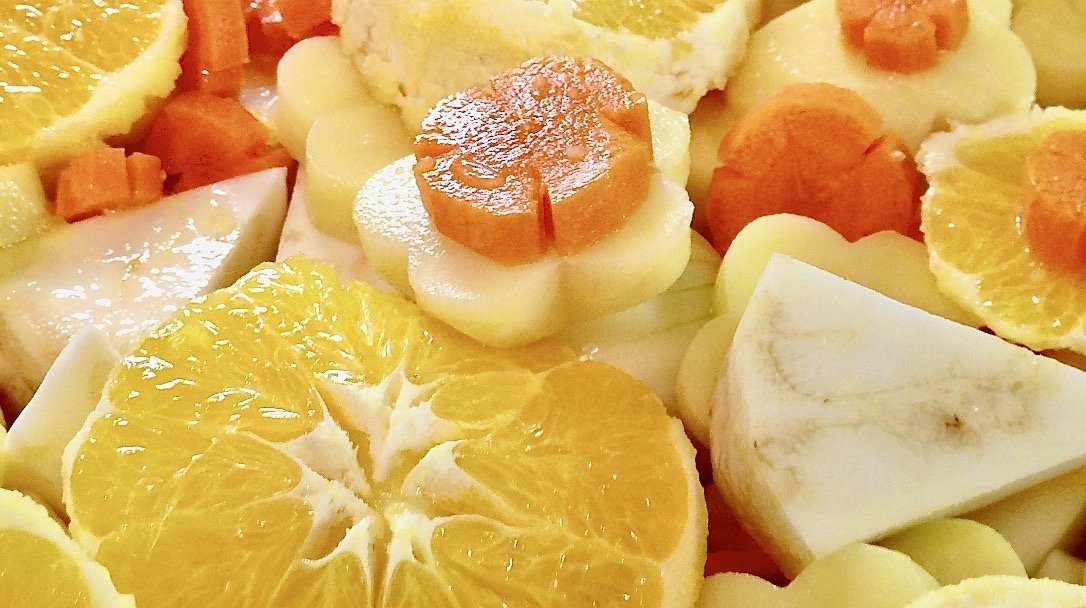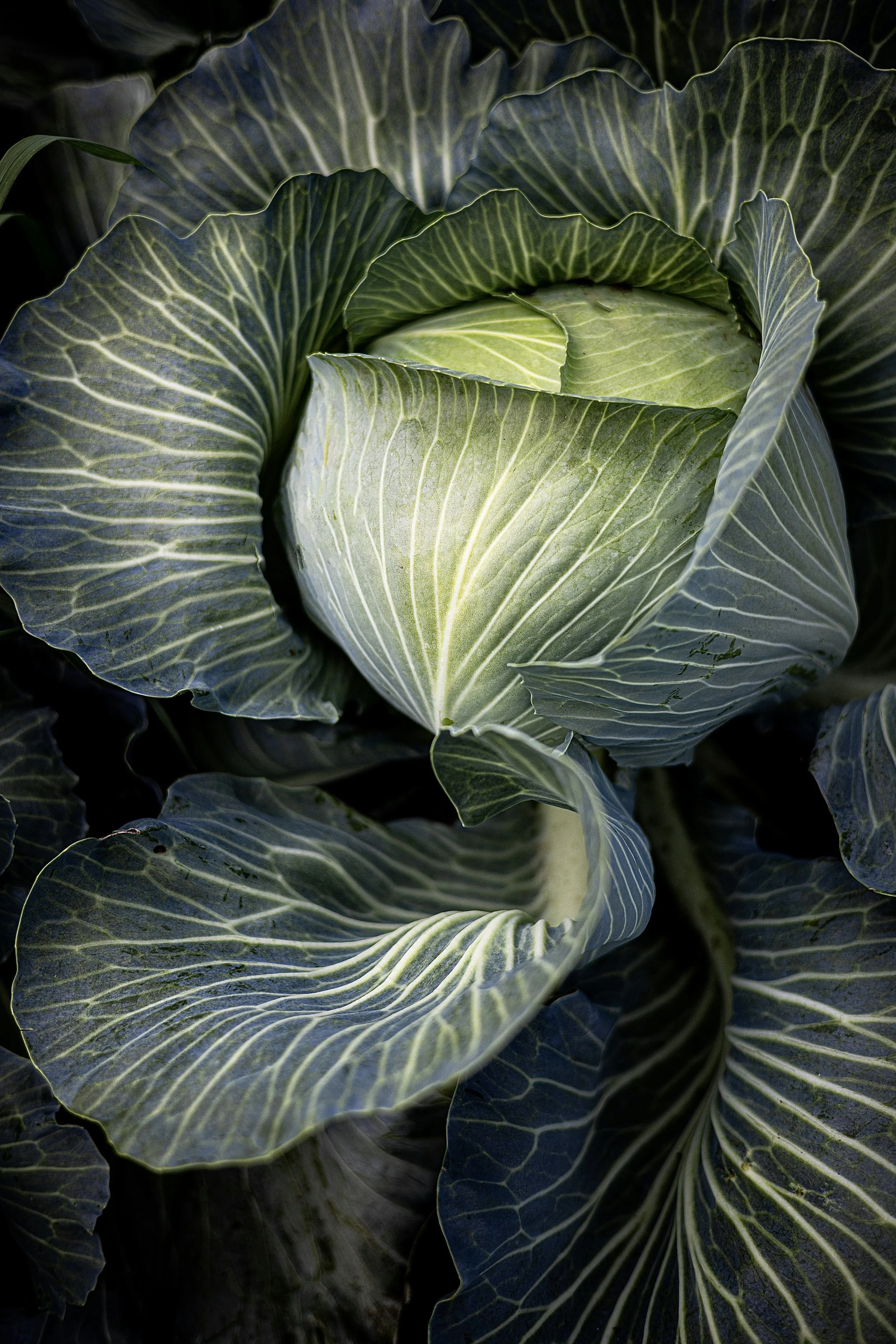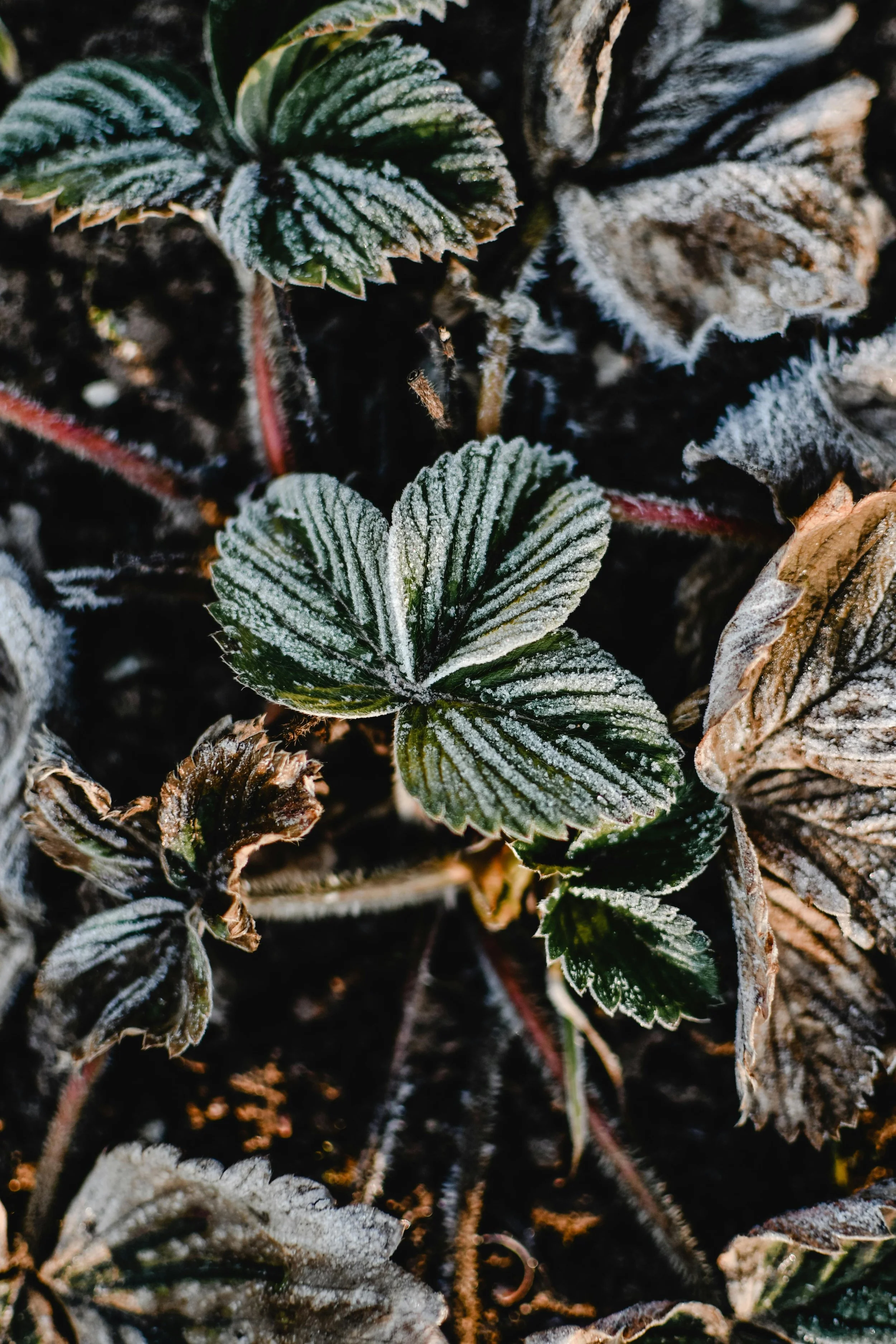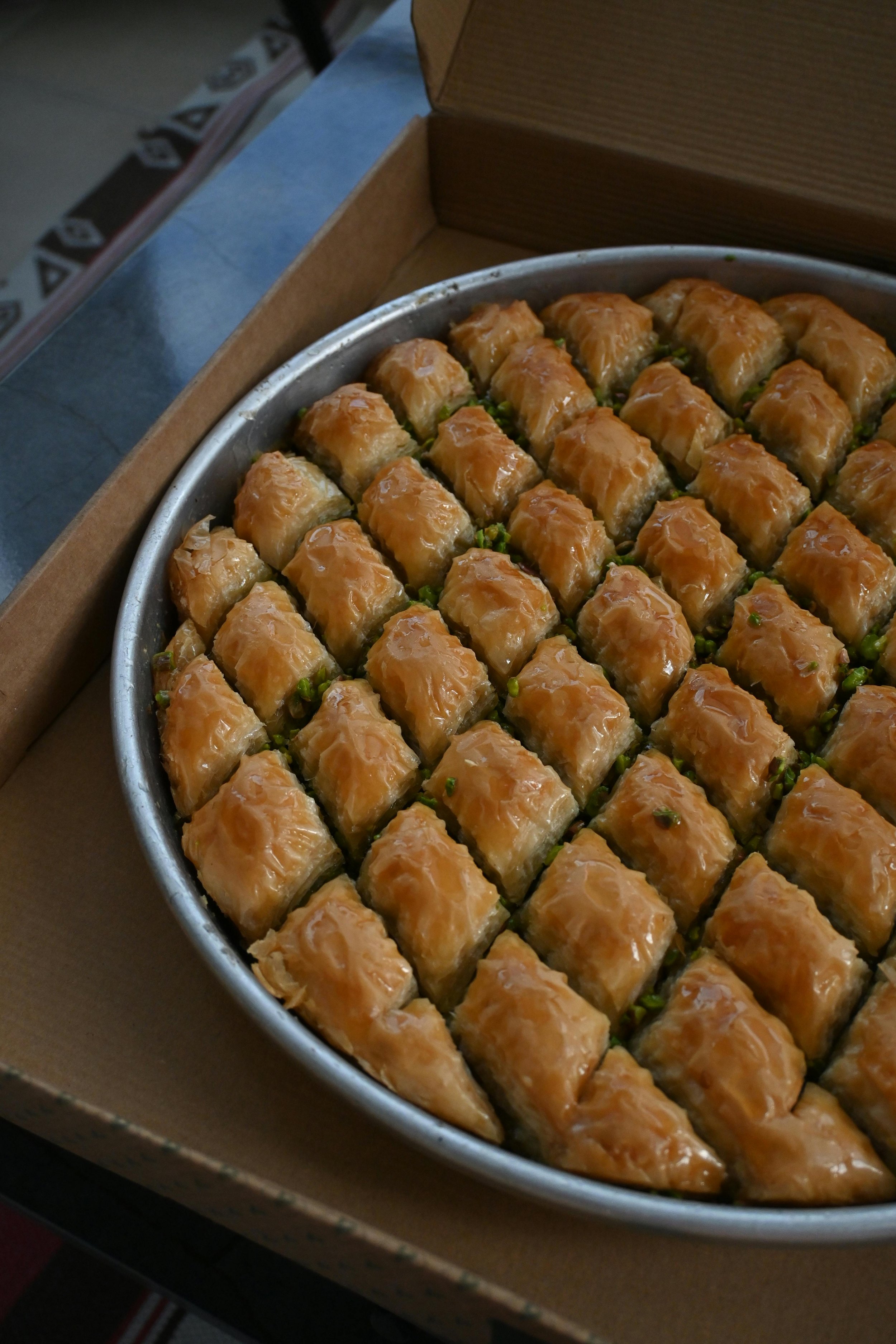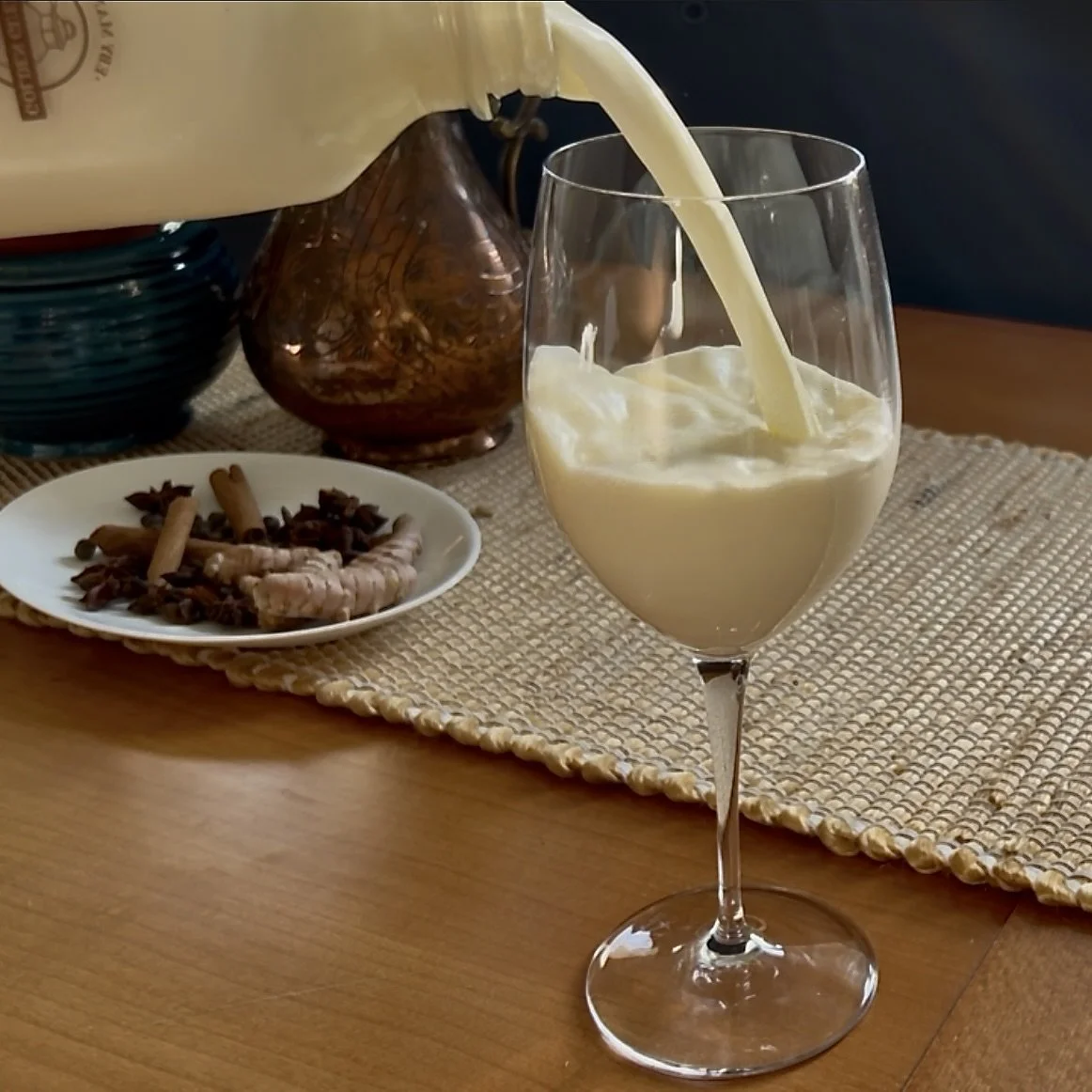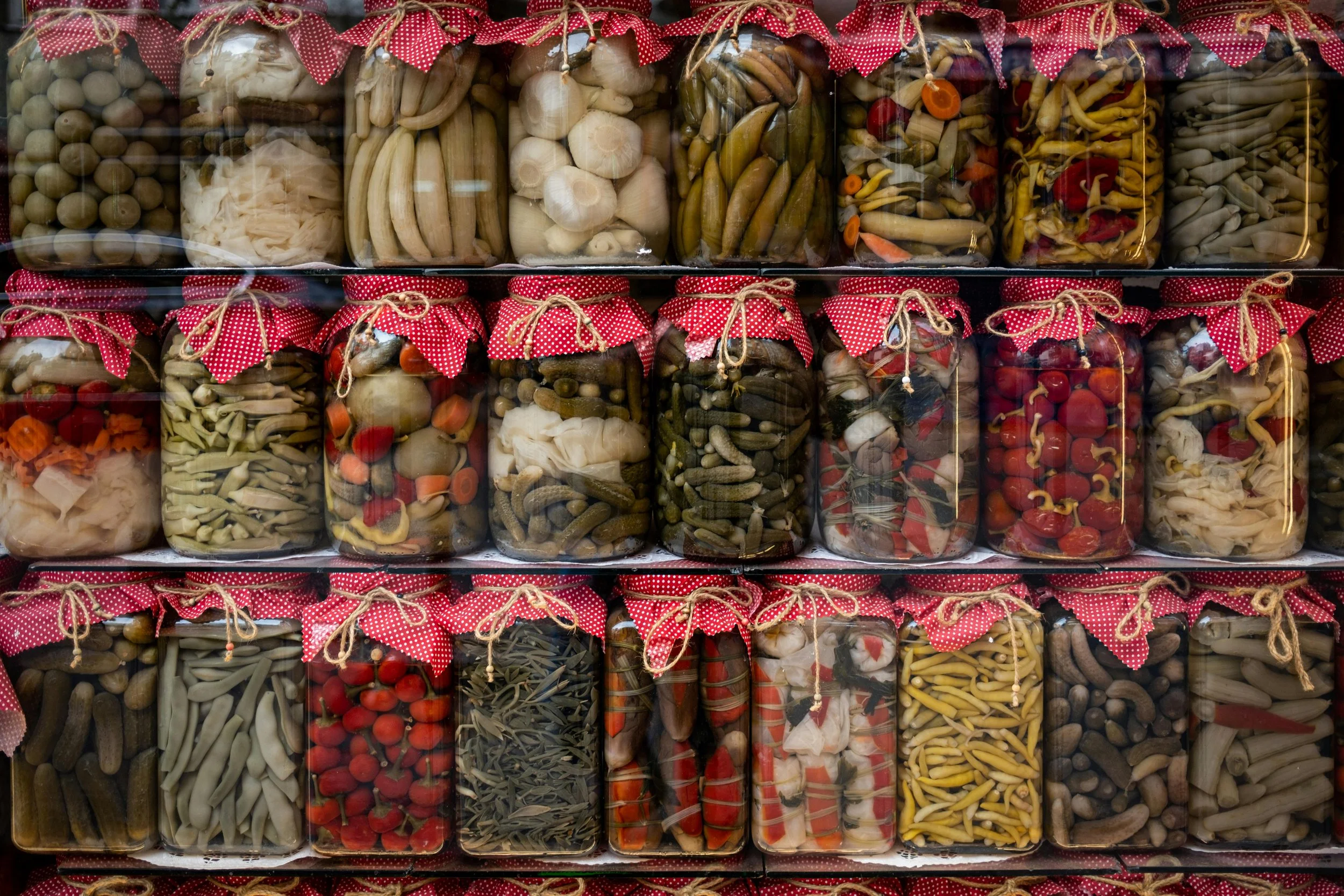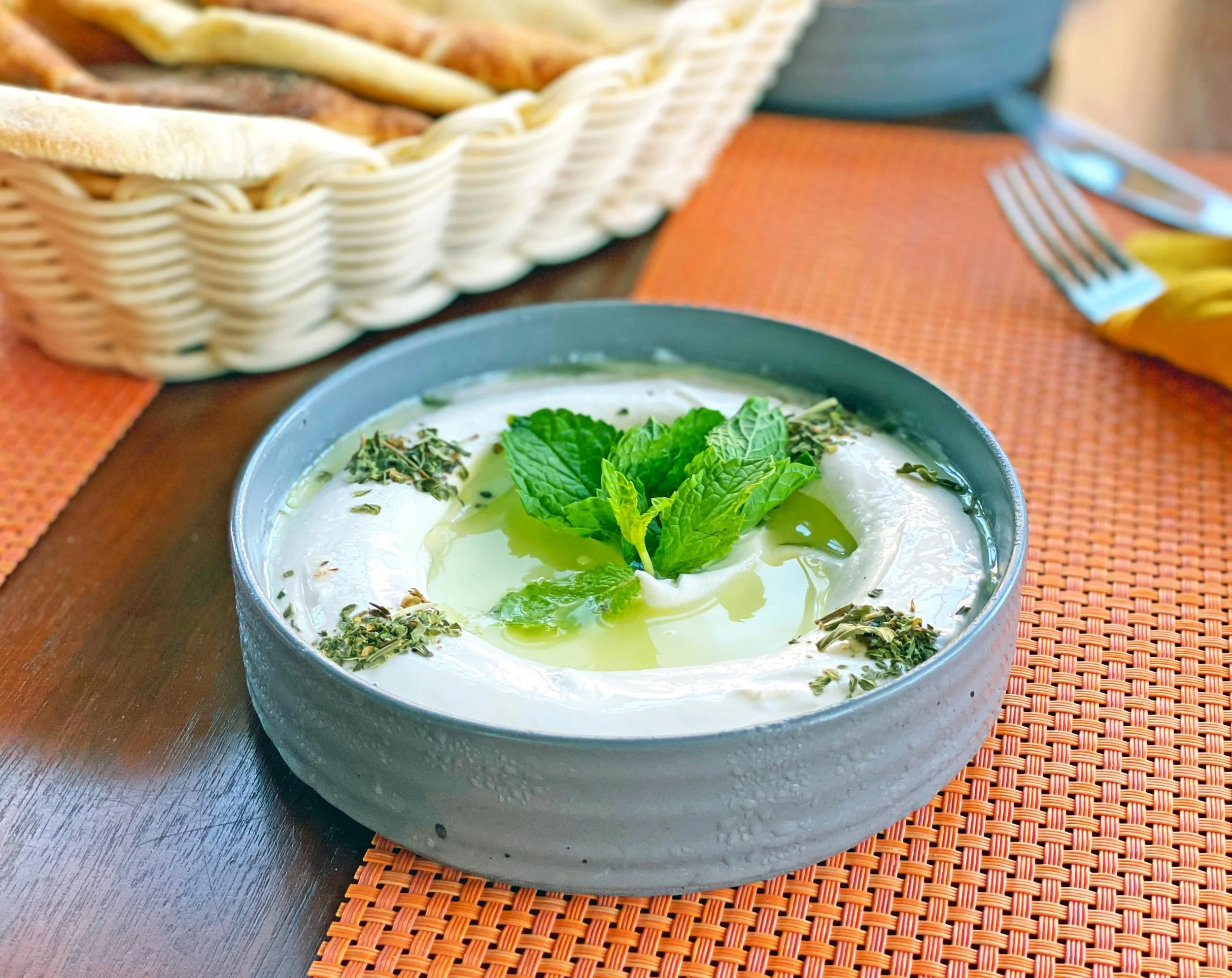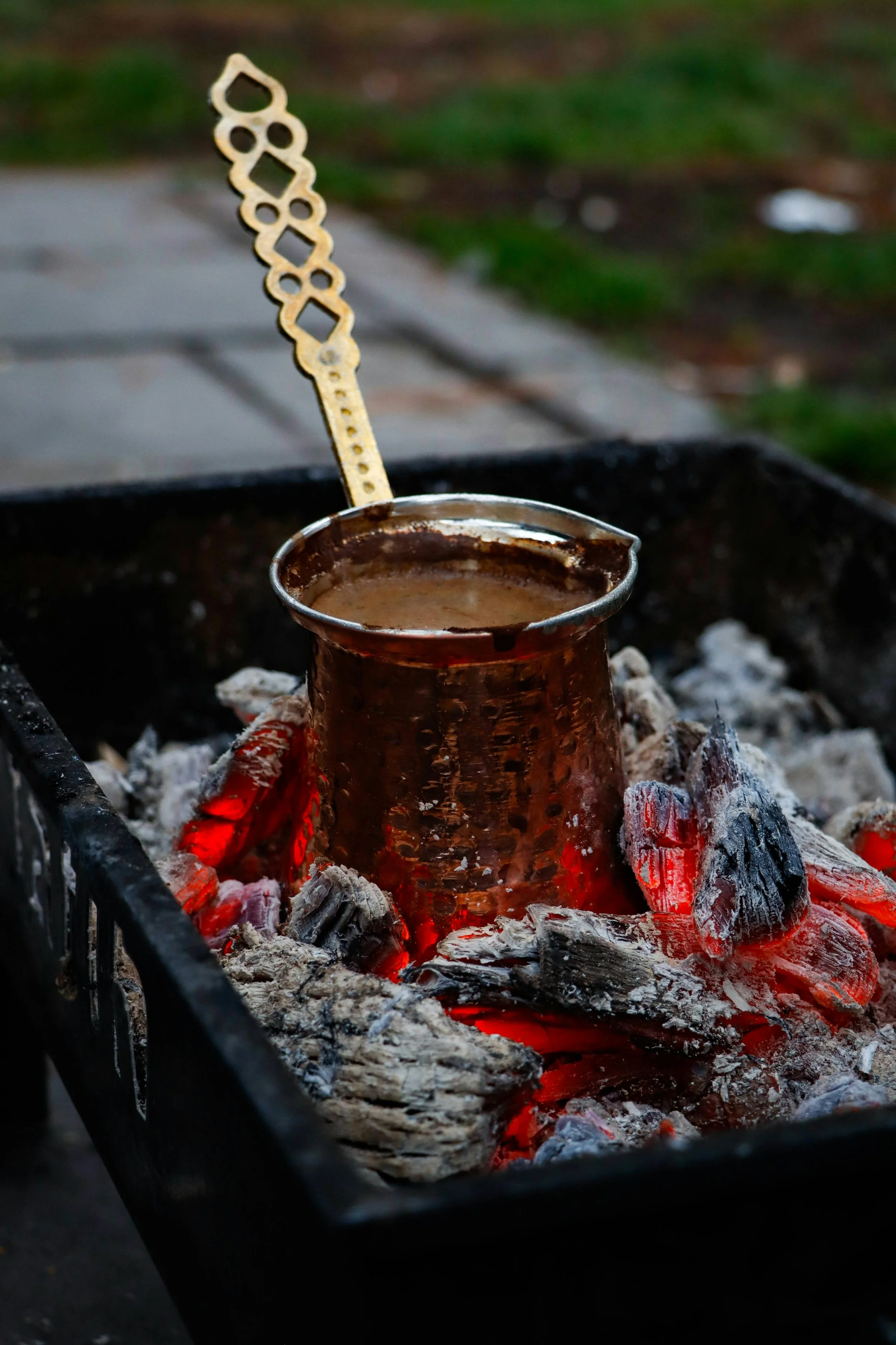Black Olive Curing / Siyah Zeytin Yapımı
BLACK OLIVE CURING RECIPE VIDEO
Note: By clicking on this video, you allow third parties (YouTube and Google) to access your data. Visit our privacy policy for more info.
Home-Style, Brine-less, Low Acid Curing
Olive: The Sacred Fruit of Anatolia
The olive tree has its earliest roots in Anatolia, particularly across Hatay, Kahramanmaraş, and Mardin. From this cradle, olives spread across the Mediterranean, becoming both sustenance and symbol. In Anatolian folklore, olives are more than food, they are gifts of the gods, considered sacred, with olive oil revered as liquid gold (sıvı altın). Both the fruit and the oil have been treasured not only for their place at the table but also as a source of healing in traditional remedies.
When Turks settled in Anatolia, they embraced the olive and, over centuries, developed their own curing techniques. Fermented black olives, whether plain or spiced, have become indispensable at Turkish tables. From the humble pairing of bread and olives (zeytin-ekmek) to their role at Ramadan iftars, olives are woven into daily life—especially at breakfast with cheese. Even when folklore calls bread and olives the poor man’s meal, no one denies the richness of sourdough paired with a simple bowl of black olives.
Across Türkiye you’ll find countless olive varieties, each prepared with regional touches. Yet the foundation remains traditional fermentation. Farmers layer ripe olives with coarse salt in large baskets or wooden barrels, letting bitterness wash away while preserving the fruit’s character. This method is called ‘dry-salted olives’ (Sele Zeytin).
At home, families adapted this into a gentler process. By reducing the salt and adding a little sugar, the olives ferment in their own juices without additives. This home-style version is known as ‘Home-style, brineless cured olives (Kuru Salamura Zeytin).
What I share here is my family’s recipe, passed down for generations. Every autumn, as the weather cools and olives ripen, we prepare our winter’s supply. With patience and care, the result is the true taste of Anatolia; pure, timeless black olives.
Ingredients
2 kg ripe black olives (firm, dark, unbruised)
½ cup coarse pickling salt (about 5% of olive weight; half the amount used in commercial dry-curing)
½ cup granulated sugar
3 wide-mouth 1 L jars
For Short-Term Storage:
3 tbsp sunflower oil (1 tbsp per jar)
For serving:
Cold press olive oil
Balsamic vinegar and dried herbs (thyme, rosemary, or oregano)
Red pepper paste and lemon juice tbsp sunflower oil (1 tbsp per jar)
Directions
PREPARING THE OLIVES:
Rinse freshly harvested olives gently to remove dust.
Spread in a thin layer in a cool, airy place until completely dry.
Wash and dry jars thoroughly with hot water and soap.
PACKING THE JARS:
Mix salt and sugar in a bowl.
Fill jars with dried olives, layering with the salt–sugar mixture. Do not pack tightly.
Seal jars firmly and store in a cool, accessible place.
FERMENTATION:
For the first 1–2 weeks: shake jars morning and evening to coat olives with salt.
After juices release, shake once weekly.
Fermentation takes about 2 months. During this time, olives lighten in colour, shifting from dark to shades of yellow and green. This is natural.
Once wrinkled and flavourful, the process is complete. As long as jars remain sealed, fermentation stabilizes for 2 (or more) years at this stage.
NATURAL DARKENING:
When opening a jar, rinse olives with water and drain.
Leave at room temperature for 24 hours to oxidize—this deepens their black colour naturally.
Transfer to a clean, dry jar. Add 1 tbsp sunflower oil to coat and slow softening.
Store in the fridge for short-term use.
SERVING:
Drizzle with cold press olive oil to enrich flavour.
Add dried herbs, a splash of balsamic vinegar, or crushed oregano for variation.
For a regional twist, toss with red pepper paste and lemon juice.
[Notes from the Kitchen]
Choose firm, dark, unblemished olives; when squeezed, juice should release from the stem end.
Always dry olives fully before curing, extra water softens them.
Glass jars (1 L) are ideal for safe fermentation and practical storage.
Sterilize jars for best results.
Do not overpack jars; leave room for shaking and gases released during fermentation.
Properly sealed jars keep for 2–3 years. Open only what you will use.
For short-term storage, sunflower oil keeps olives firm. Avoid olive oil at this stage! it softens and spoils the fruit.
Patience is key; let time transform bitterness into flavour. Each jar holds not only olives but also the memory of autumn’s harvest.
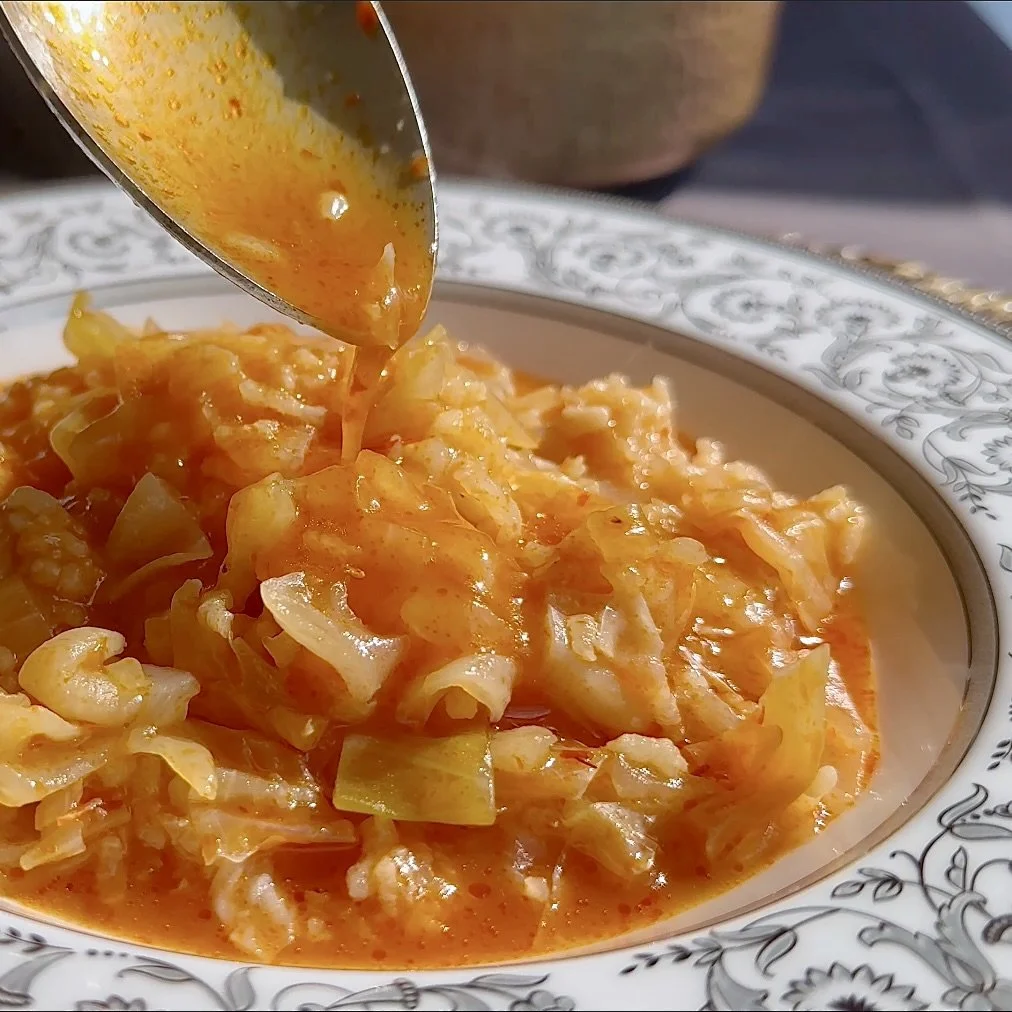
There is a particular kind of hesitation that happens in front of the produce wall…
Somehow, a holiday about light, generosity, and togetherness became the time of year we panic-buy our way into proving we care…
What if the healthiest thing you could do is stop believing everything in the grocery aisle that calls itself “super”?
Discover how baklava evolved from early Central Asian layered pastries to the refined Ottoman masterpiece we know today…
Explore how yoğurt weaves through Turkish cuisine, from soups and mezes to mains, pastries, and desserts... the timeless taste that ties every meal together.
Science confirms what our grandmothers always knew: sitting down together is the recipe for lifelong health.
Eby’s Golden Guernsey milk is the ‘secret’ ingredient that makes our sütlaç, puddings, pochas, sauces, and soups unforgettable…Reminding us why real quality matters.
From jars of tangy probiotic pickles to real fruit leathers and vitamin-rich tarhana soup mix, we share how a Mediterranean family in Canada prepares their pantry for the long winter, with recipes rooted in tradition, adapted for today.
Istanbul’s cuisine is not a story of invention but of conversation, where Thracian settlers, Greek tavern-keepers, Armenian bakers, Jewish exiles, Kurdish migrants, and Ottoman courts all left their mark on the city’s table.
Preserving food wasn’t a hobby. It was survival, celebration, and creativity all at once.
Mediterranean diet is about memory, movement, and meals that satisfy body and soul.
Before it was a health trend, yogurt was medicine, snack, and staple: fermented on horseback, shared across empires, and still echoing in every spoonful today.
Shared meals don’t just feed the body. They knit our hearts together, heal loneliness, and keep old stories alive at the table.
What if tradition wasn’t about perfection or the past… but about adapting wisdom for a better life today?
From leaves to molasses, from sour to sweet — the grape vine carries 10,000 thousand years of Anatolian wisdom into every season.
More than flavour, preservation is geography, memory, and thousands of years of learning to listen to the land…
Before there were books or blueprints, there were mothers—teaching us how to live, protect, and remember.




